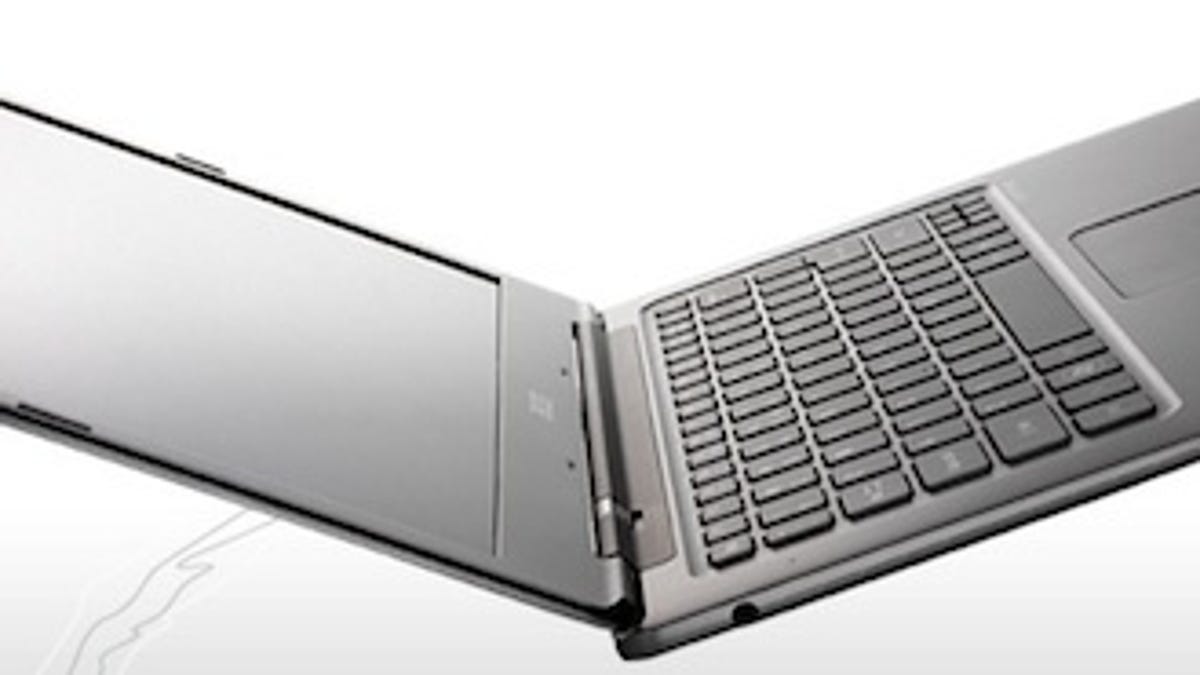How Intel helps fund PC makers' marketing: Q&A
Nathan Brookwood, a chip industry expert, discusses Intel's marketing programs in the light of a claim that the company is offering direct nonmarketing funding to ultrabook makers.

In the wake of a report this week that Intel is giving PC makers a $100 subsidy on ultrabooks--which Intel promptly denied--I asked longtime chip guru Nathan Brookwood how Intel's co-marketing works.
Brookwood is the principal analyst at Insight 64. Before becoming an analyst, he held marketing management positions at companies such as Micronics, Intergraph, and Digital Equipment Corporation.
Q: How does Intel's Market Development Fund work?
Brookwood: When they do these MDF programs, it's not a cash subsidy. It's usually done in the form of some cooperative advertising and other promotions. It's not "we'll give a hundred bucks for every system you sell." It's "we'll match a hundred dollars in advertising." That's the essence of the Intel Inside program.
But the programs are not all the same, correct?
Brookwood: When they have a strategic kind of objective on marketing, they will tweak the ratios in order to encourage the OEM (PC manufacturing) customers to use specific kinds of programs.
For example, back when they came out with Centrino: if the OEM used a specific combination of Intel processors and chipsets and Wi-Fi, then they got a much higher ratio of co-op marketing dollars. For every dollar that they would invest, Intel might give them 5 or 10 dollars in those kinds of programs. Whereas for ordinary run-of-the-mill stuff, Intel would match their investment--they spend a dollar on an ad, Intel gives them a dollar.
Ultrabooks seem to be a red-hot area of focus for the PC industry these days.
Brookwood: There's been this back and forth with the guys in Taiwan over the cost of the processors and chipsets in ultrabooks for months now.
What about the recent speculation in Digitimes about the $100 per unit ultrabook funding?
Brookwood: That Intel would be giving OEMs a hundred dollar bill with every system--that doesn't sound like Intel.

